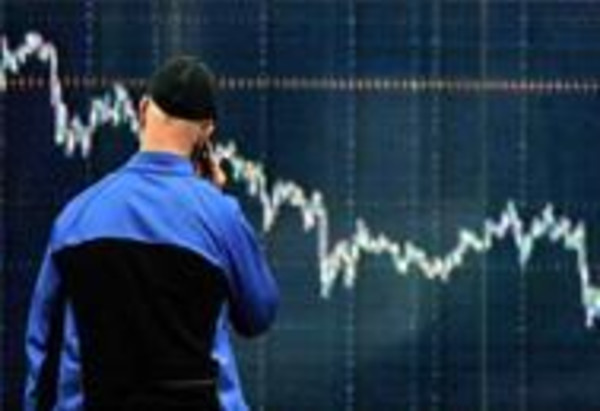

Square Mile has questioned the role of tracking error as a useful metric to analyse passive funds. Within its ratings system, the measurement acts as nothing more than a “sanity check”, said the investment consultancy and research business.
A price war among tracker fund providers has lowered headline fees over recent years, meaning advisers and other buyers have been urged to consider other methods of assessing these products, including tracking error.
The metric is aimed at highlighting a product’s consistency. It measures the volatility of the difference between a product’s returns and those of its benchmark, typically by determining the standard deviation of this difference.
But Square Mile said its newly established tracker fund rankings are based on the view that it is “of lesser value to assess how closely a fund mirrors every market movement. Tracking error will only be used as a sanity check.”
Jason Broomer, head of investment at Square Mile, said he is sceptical of the benefits of using tracking error as a metric of quality when it comes to index funds.
“For retail investors,” he said, “do they really care about tracking error? Is it an indication of the quality of the fund?”
Ratings agency Morningstar also suggested too much emphasis is being placed on tracking error.
Ben Johnson, Morningstar’s director of passive fund research, said the metric can be “misused in certain contexts. It’s important to look at it over a long period.”
“It really is a measure that can be quite volatile depending on the start and end date.”
Morningstar prefers the metric ‘tracking difference’, which is the difference between a product’s return and that of its benchmark over a specific period.
Square Mile for its part likes to consider a fund’s one-year daily rolling performance records over five years.
Richard Romer-Lee, managing director of Square Mile, said: “The purpose of the rolling performance figure is it takes out some of the noise. It broadens our coverage.”
Passive products from Aviva Investors, BlackRock, Fidelity, HSBC, Legal & General, Royal London, State Street and Vanguard are in Square Mile’s initial 46 recommended passive products. These vehicles cover the Asian, European, emerging markets, global, Japanese, North American and UK equity markets, as well as the UK government bond sector.
The firm has yet to broaden its ratings system to encompass exchange-traded funds (ETFs), however, because of the complexity of applying its analysis to the products, which price at different times of the day.
Ben Seager-Scott, director of investment strategy at Tilney Bestinvest, agreed that ETF comparisons can prove difficult.
He explained: “The most important thing to remember with ETFs is they will have a once-daily reported NAV [net asset value], but because they trade through the day they also have a INAV [indicative net asset value]. You need to be sure to measure like for like.”



